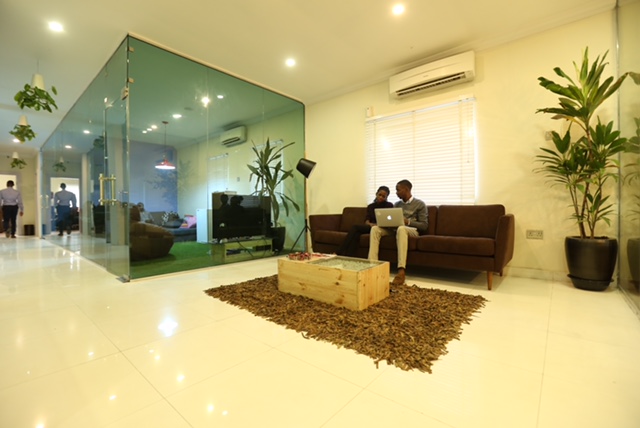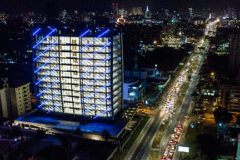Living in a mega city like Lagos has its pros and cons. Perhaps the most nagging of the cons is persistent heavy traffic. For years, this has been a problem and it hasn’t ameliorated in any way. In fact, it seems to be getting worse. To make an 8am appointment, it would be wise for you to leave your house two hours before the meeting. Because, you see, traffic can “jam” you any time.
In this article, I have highlighted three ways big data can ameliorate the persistent traffic problems in Lagos. Big data refers to large amounts of digitized data. Every time we do something online, like send a tweet, a post or make a purchase, we are adding to this data stream. It is said that we have created more data in the last decade than mankind ever did in the years before.
Starting from the obvious to the futuristic, here are three ways big data (Google’s search database, Twitter traffic reports, Facebook traffic posts, etc.) can be used to solve traffic problems in Lagos:
1. To Fix Roads and Follow Up Development
With the large amount of data already online, the government can use this to locate inner city routes that have deteriorated and have been abandoned. These roads, if fixed, will provide more options for people to drive through. This way, they will be freeing up the highways in the process.
2. To Decide Best Routes to Travel By
If the traffic data available online can be analyzed and integrated into more traffic apps or e-maps, then they can be used to intelligently determine the best routes for cars to travel by. This data analysis will take into consideration the flow of traffic on the road, the amount of cars using specific routes and the urgency with which the driver needs to move. With the way the internet is speeding up, nothing is impossible.
3. To Determine the Best Time to Move
It’s no news in Lagos that the difference between leaving your house/office at 6:00am and leaving at 6:05am is not always five minutes. You could leave at 6:00am, avoid some of the heavy traffic and arrive your destination on time. But you could also leave at 6:05am and head straight into a traffic jam that took all of 30 seconds to build up. So the five minutes difference could end up costing you 30 minutes or one hour more on the road, depending on how lucky you are. But what if we didn’t need luck to decide our traveling fate? What if we could just use predictive data to help us determine the best time to leave so we can arrive at our destination on time? Wouldn’t that be great?
Photo Credit: walidhassanein via Compfight cc





















